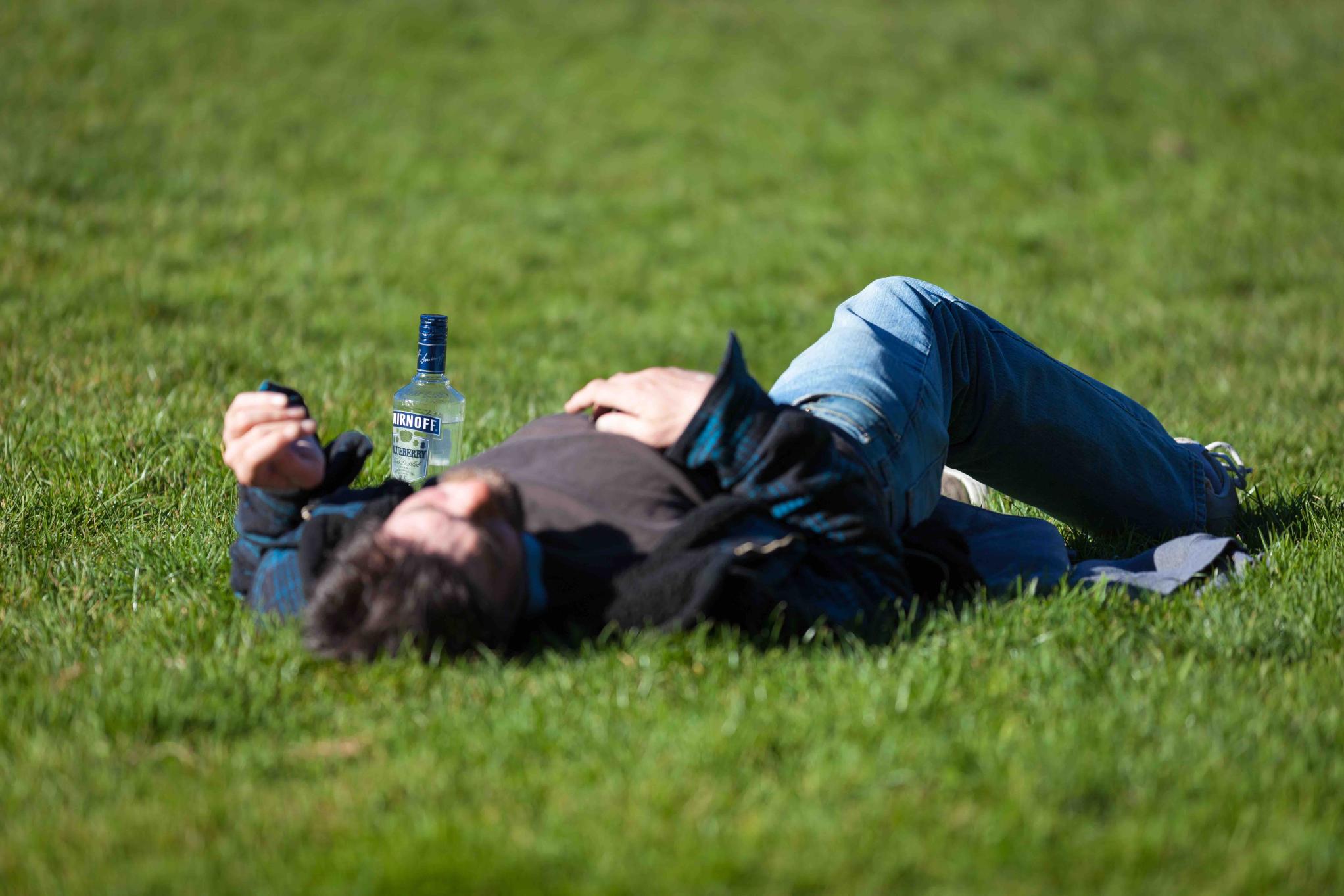
Alcohol Detox
We are here to help when you need us.

A crucial phase of treatment may involve detoxification, commonly referred to as "detox." For the body to get used to being alcohol-free, detox requires quitting drinking entirely while under medical supervision. A person may have symptoms of alcohol withdrawal during this time.
At JR Detox we have a supervised process, where you as our client is gradually weaned off alcohol with the use of medications which will help control withdrawal effects.
An initial assessment with Julia over the telephone is forwarded to our prescribing doctor to ensure suitability. The necessary prescription medication tailored to your individual needs will be administered at the detox with follow up assessments from our doctor via video call. We have 24 hour access to our prescribing doctors to support throughout your treatment.
At the end of your stay you will have the option to access a local rehabilitation centre or return home. For greater chances of success and continued sobriety it is recommended to get the support from rehabilitation to further your recovery journey.
More about alcoholism
Alcoholism is the most severe type of problem drinking, consumption at a level that is harmful to your health. A strong, frequently uncontrollable urge to drink.
A person with an alcohol addiction will frequently prioritise drinking over all other commitments, such as work and family, and will develop a physical tolerance, which means they will need to drink more and more to get the same effect. If they stop drinking, they will also experience withdrawal symptoms. The symptoms of alcohol dependence can be difficult to recognise. People who struggle with an alcohol use disorder may hide their drinking and become hostile when confronted.Signs and Symptoms
Lack of self-control when drinking: this could entail being unable to manage how long a drinking session lasts, how much alcohol you consume when you do, how frequently you drink, your inability to stop drinking once you start, or your tendency to drink at unsuitable times or locations.
Alcohol becoming a higher priority: if drinking is more important to you than taking care of your health, if drinking is something you prioritise over other daily activities and duties, or if you continue to drink despite drinking having a detrimental impact on your health or life.
Drinking-related side effects that you don't want: displaying evidence of increasing tolerance to alcohol (needing to consume more to have the same result), going through withdrawal, or using alcohol to avoid or reduce withdrawal symptoms.
